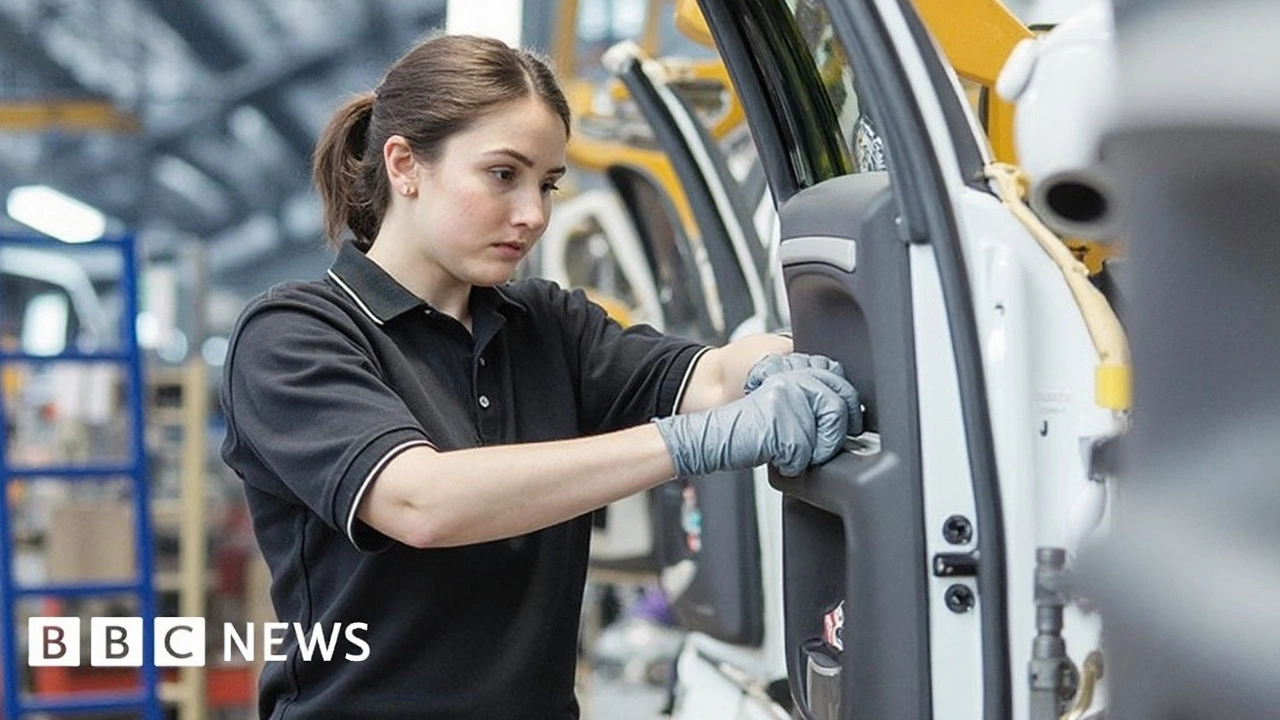Tariffs Explained – What They Do to Your Wallet
Ever wondered why a gadget you order from abroad suddenly costs more than you expected? The answer is often a tariff – a tax on imported goods. It’s not a mysterious fee; it’s a tool governments use to protect local industries or raise revenue. In plain English, a tariff adds a percentage to the price of something that crosses a border.
Why Governments Use Tariffs
Most of the time, tariffs are about balance. A country might want to give its own manufacturers a fighting chance against cheaper foreign products. By adding a duty, the imported item becomes pricier, letting local competitors stay in the game. Sometimes the goal is simply to collect money for public services – that extra cost goes straight into the national budget.
How Tariffs Change What You Pay
When you buy a product online, the seller calculates the base price, then adds any applicable customs duty, VAT, and handling fees. If the tariff is 10% on a £200 bike part, you’ll see an extra £20 on the invoice. That’s why you might receive a “customs charge” notice after checkout. The rate depends on the product type, its country of origin, and any trade agreements in place.
Trade agreements can slash or eliminate tariffs. For example, the UK‑EU deal means many goods move between the two with little or no duty, keeping prices lower for shoppers on both sides. When a new agreement is signed, you often notice a dip in prices for certain categories – electronics, clothing, even car parts.
Tariffs also affect businesses. Importers need to factor in duty costs when planning inventory, and higher tariffs can push them to find local suppliers instead. That ripple effect can create jobs at home, but it may also limit variety for consumers.
One practical tip: before you order, check the product’s HS (Harmonized System) code – it tells you exactly how much duty applies. Many shipping platforms now show a “estimated duty” during checkout, so you’re not surprised later.
In short, tariffs are a tax on trade that changes the price you finally pay. They’re used to protect local jobs, generate revenue, and negotiate trade deals. Knowing how they work helps you budget smarter and spot better deals when tariffs are lowered.
UK Loosens Electric Vehicle Sales Rules in Response to US Tariffs Imposed by Trump
Facing new US tariffs, the UK has altered its electric vehicle policy, allowing hybrids like Nissan Qashqai e-Power until 2035 and extending diesel van sales. Exemptions for low-volume makers like Aston Martin are included, easing compliance penalties. This move, announced by Prime Minister Sir Keir Starmer and backed by Transport Secretary Heidi Alexander, is seen as a bold bid to support the auto sector amidst trade challenges.






